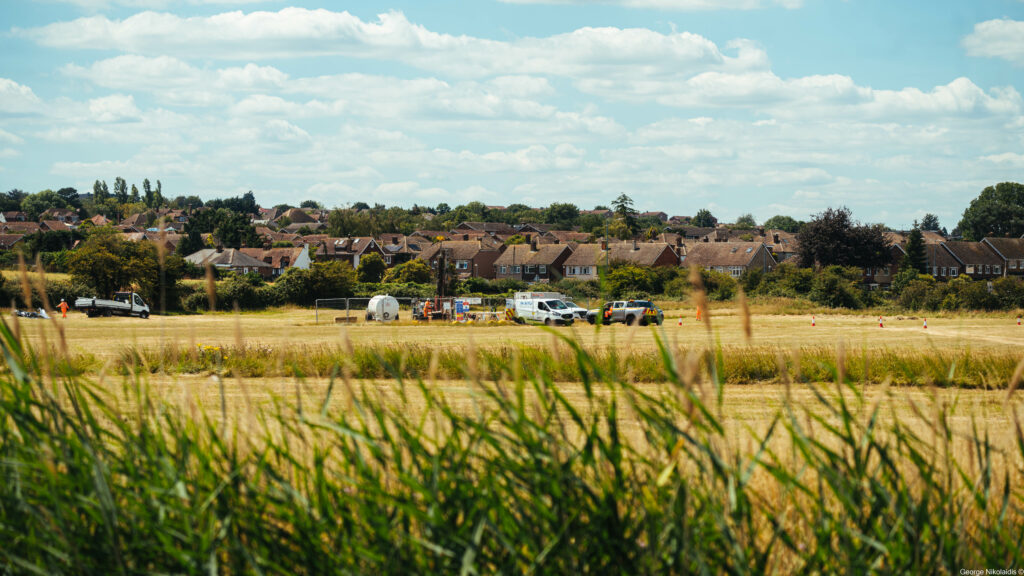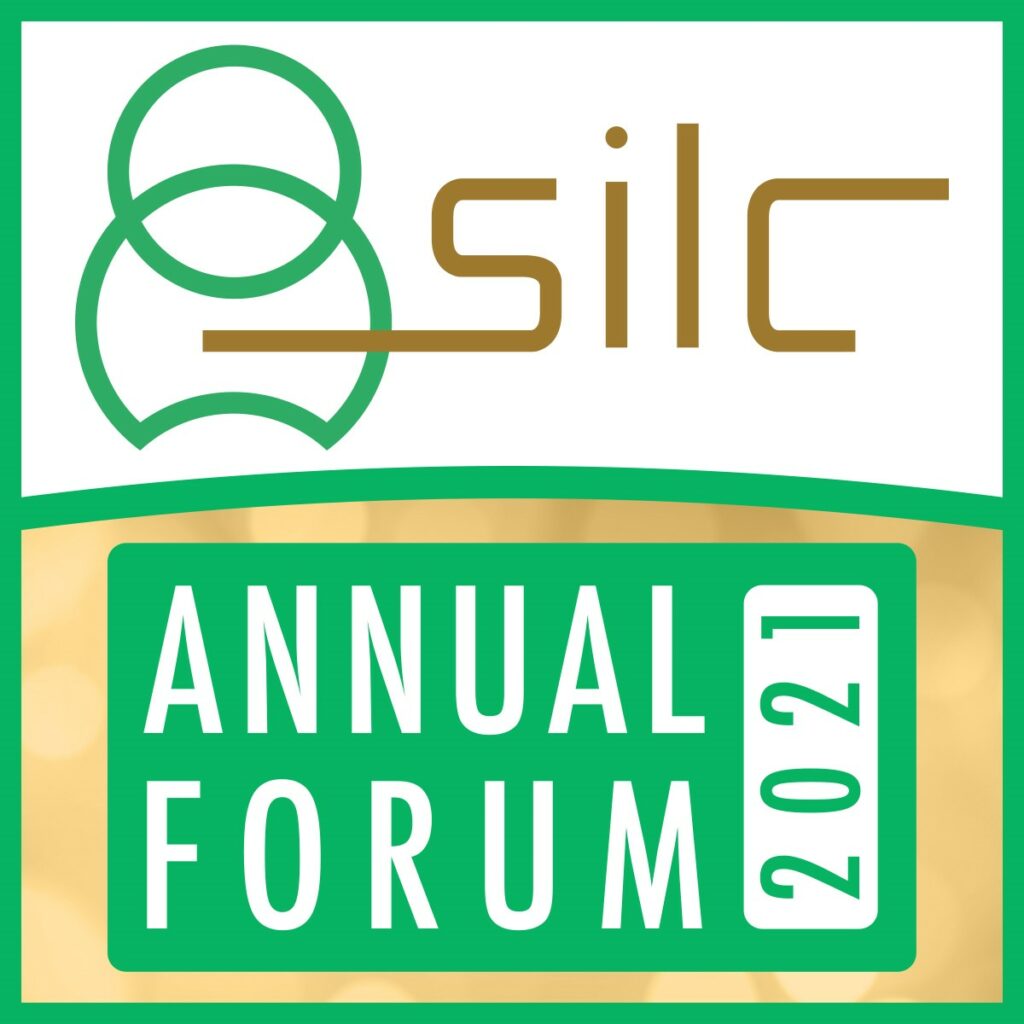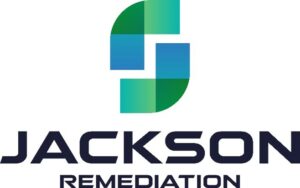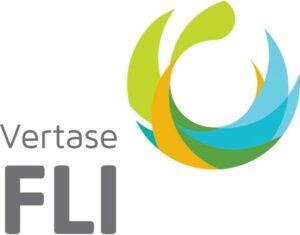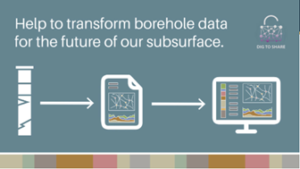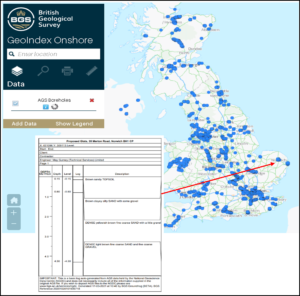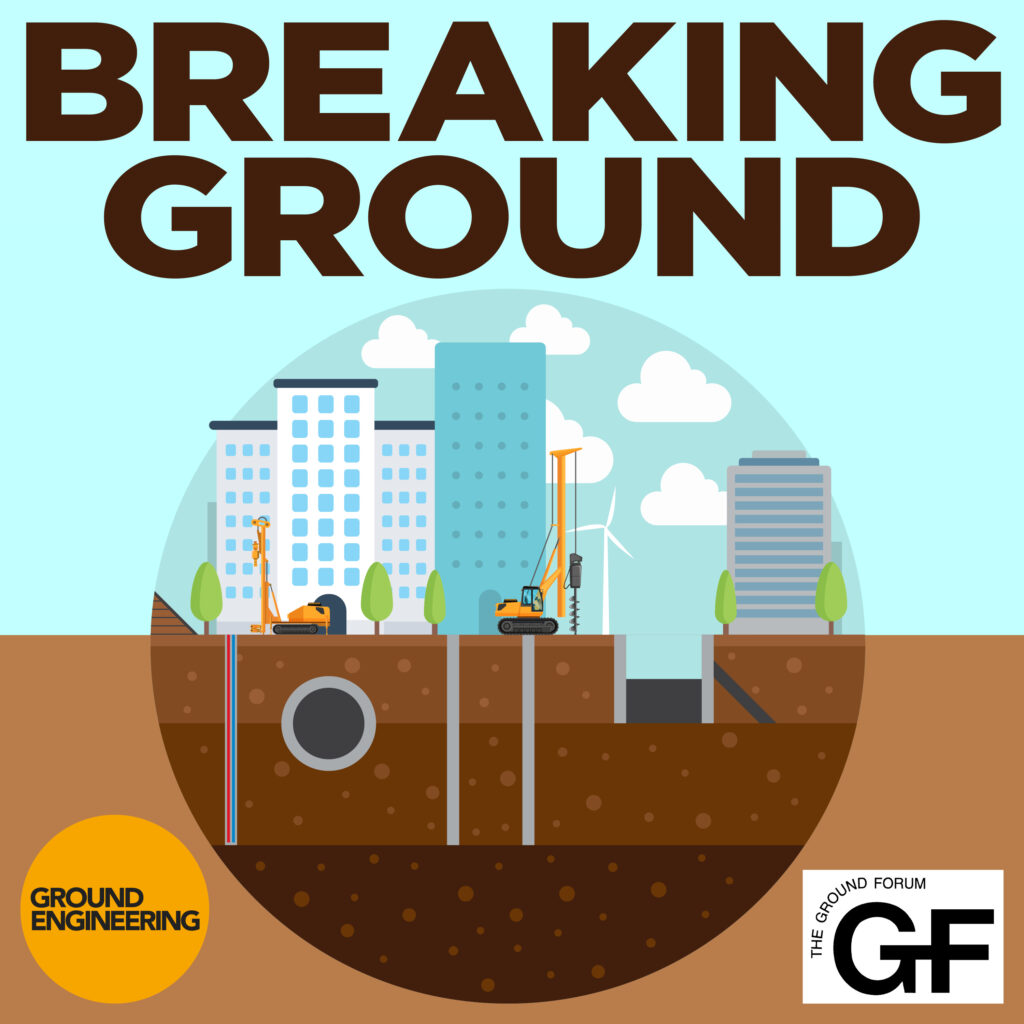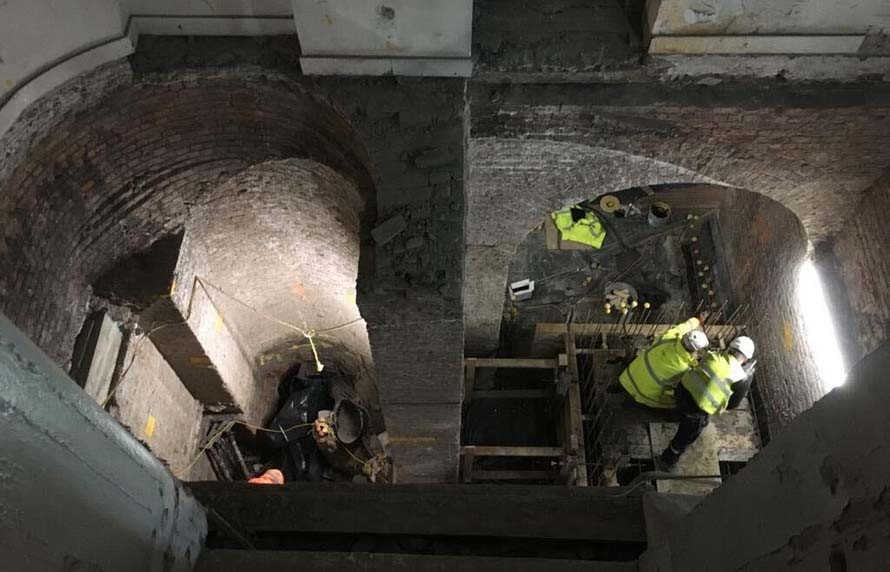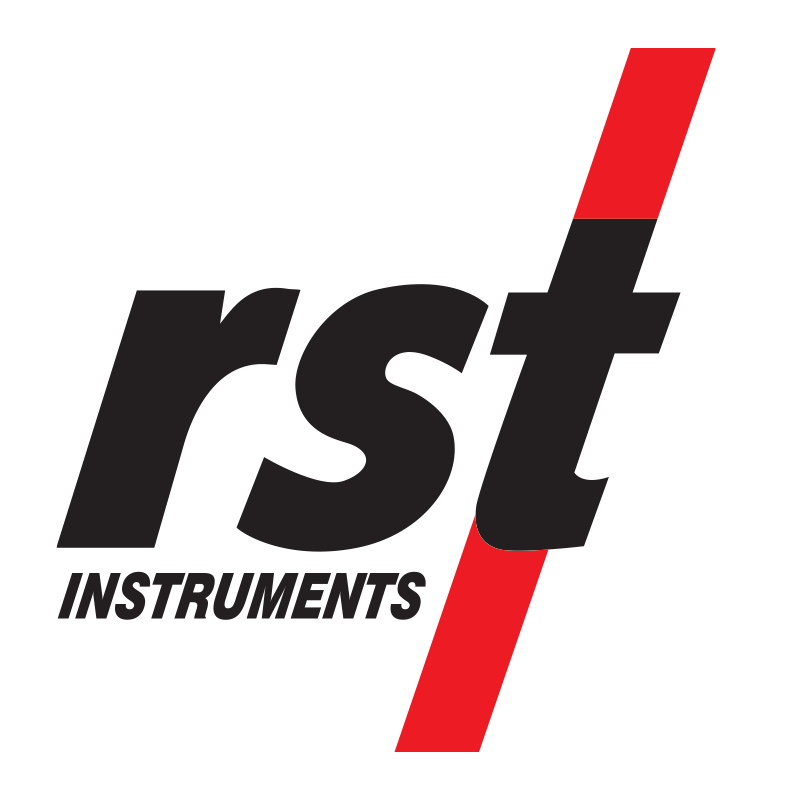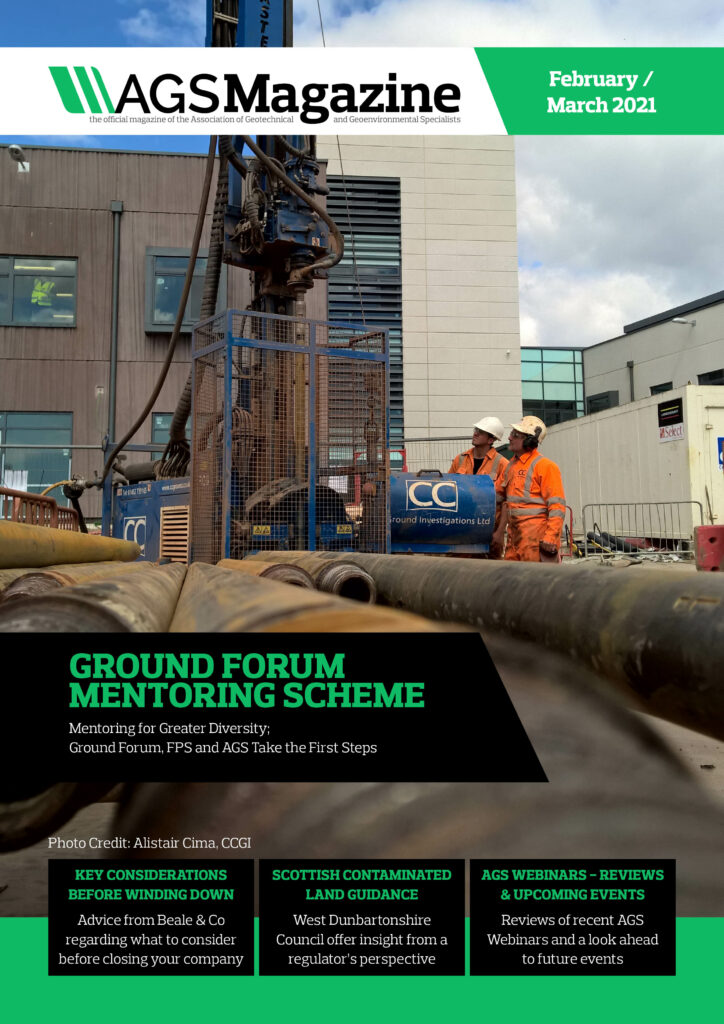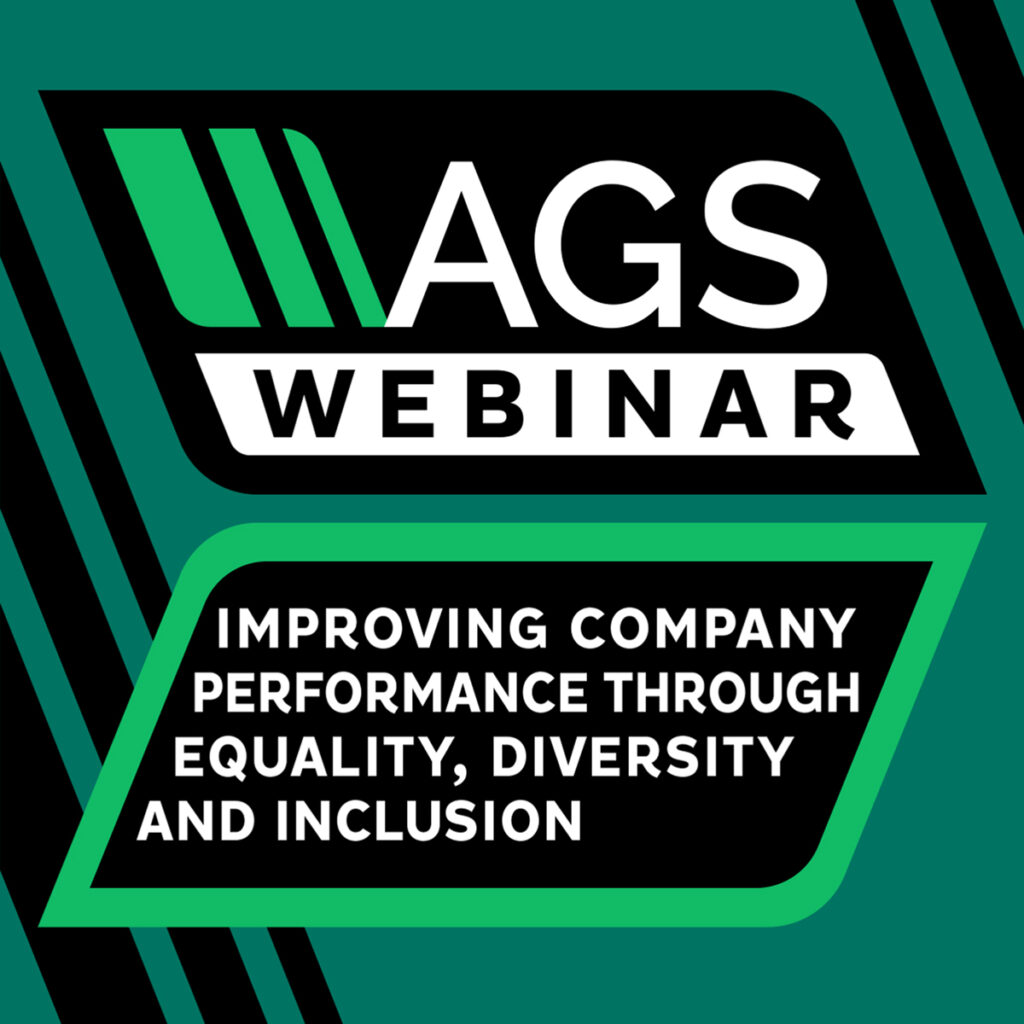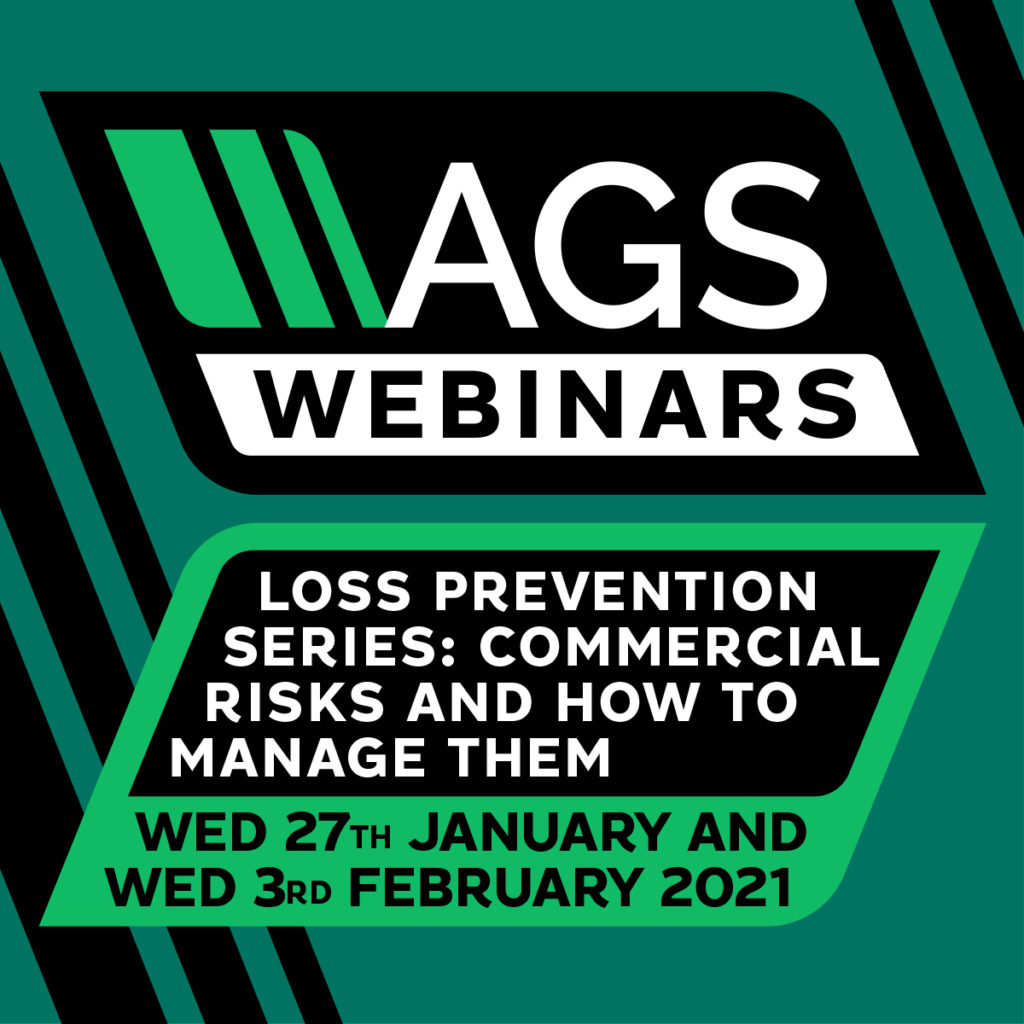Article contributed by Roseanna Bloxham, Senior Geo-Environmental Engineer, RSK and AGS Safety WG Leader.
Pregnancy is a part of life, its something us humans go through to keep our species alive. So why does it present such a stigma in the world of construction? Having done some research there is no official guidance to help employees and employers when pregnancy occurs for a woman working in the construction industry. This is, in part, due to its male dominated past.
We have taken the opportunity to talk to a number of women in the industry, to understand the challenges they faced and how we can help in the future.
Could you continue your role as normal when you were pregnant?
The experience for the woman during pregnancy is dependent on the physicality of their original role and the communication provided from their employer. The women interviewed that had a more office-based role found that during the pregnancy they were able to work as normal, however the women with a more site-based role had a very different experience.
It is obvious that a site role is going to cause challenges, especially when standard tasks include handling of heavy objects or working with contaminants. The majority of responses we received were positive, with women commenting that companies provided specific risk assessments and arranged for alternative staff to do manual tasks or cover the on-site portions of the project. However, in the absence of guidance, many contractors approached the issue differently. ‘It was interesting that each Framework Contractor approached my “condition” very differently with one Contractor actually not allowing pregnant women on to site at all.’
Did you feel supported by your company throughout the pregnancy?
The majority of women felt supported by their main employer including being offered flexible working hours to attend appointments. ‘I was able to take time for antenatal classes and go to various appointments.’
The support provided is somewhat dependent on the employer and line manager, some women felt isolated and ignored with little to no communication. ‘I was not consulted about my risk assessment, merely sent the assessment to sign, and the document implied that I had written it myself.’
Is there anything your company could have done differently to help you?
Aside from difficulties associated with maternity pay, which affects all industries. The main issue raised was the lack of generic risk assessment. All the women interviewed commented that risk assessments were developed by their company to assess their individual role and outline ways to adapt, however, this is not an instant process. ‘It would have been fantastic if a pre-existing, provisional risk assessment existed before I became pregnant, which could be used immediately and until a more specific one was in place.’
Upon returning to work did you feel supported to progress your career as you wanted?
‘Return to work was not well handled, I felt somewhat forgotten about. Keeping in touch and ensuring that staff are welcomed back is really important.’
The majority of women interviewed felt upon return to work they were treated differently with their role being ‘softened’ despite no longer having the risks associated with pregnancy. ‘Although I know this was coming from a good place, I felt his attitude to me returning to work, and my presumed ability to work, was antiquated.’
Most companies offered flexible working hours to new mothers, enabling them to adapt to the new work-life balance. However, most felt the push was on the mother to be the child carer with little discussion or foresight given to a father wanting the same role. ‘I’d really like to see a gender-neutral approach (post pregnancy of course!) with discussion around shared childcare and parental leave’. The UK government website states that up to 37 weeks of leave can be shared between the two parents, however within the construction industry there still appears to be a stigma over the split.
What was the one major challenge you faced during pregnancy at work?
The responses for this question were quite mixed dependent on the role of the individual.
‘At that time, lack of flexibility to work from home and adjust working hours.’
‘It’s a while ago now, but I can’t really think of one. I feel I have been really fortunate with the support I got during my pregnancies but, more importantly, not side-lined and given boring work when I returned part-time.’
‘Generally feeling unable to carry out, to the best of my ability, my site visits due to the “rules” of differing contractors.’
Coronavirus affecting pregnancy and young mothers
The current Coronavirus pandemic has meant that a larger number of people are working from home, and in some cases caused a disconnect in communication. During our interviews, we identified that some women who were pregnant when the pandemic started felt they were discriminated against because of their situation, with non-pregnant workers being given the majority of the work, causing the pregnant party to feel like that was the reasoning for being furloughed. Whilst this might not have been the companies intention, the lack of communication during the situation made the women feel forgotten.
On the other hand, some found that the pandemic has ‘levelled the playing field between working mothers and fathers’. The school and office closures have forced the main parent or bread winner to be at home at the same time as their children, they have therefore been ‘expected to contribute to the childcare situation more equally than they might have done in the past.’ One woman commented that they have ‘positive attitude shift from the male dominated senior management to leave work on time, keep meetings short etc.’
Whilst the lockdown has been difficult, it has opened up the conversation on not only new and expectant mothers but also childcare in general within the construction industry. This article is a small insight into a much larger conversation. We would like to hear your views on the topic. Do you feel a guidance document is needed? What has been your experience either being a pregnant woman or managing one?
